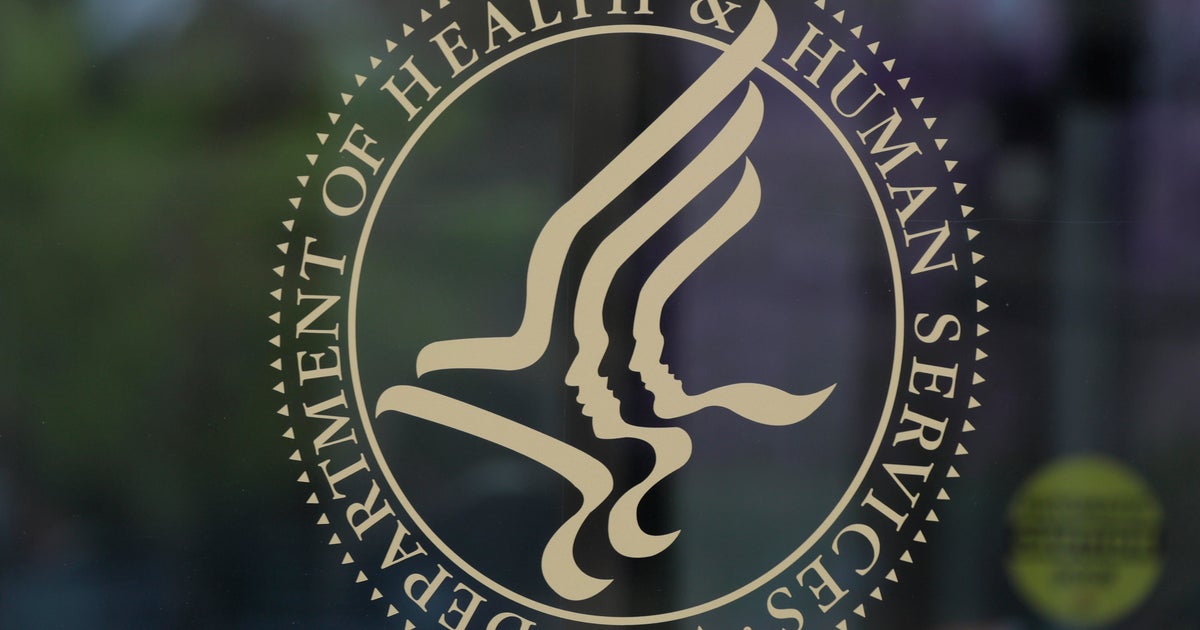
The Department of Health and Human Services is moving for a second time to fire probationary employees at the nation’s health agencies, multiple federal officials said, after many previously had their terminations paused amid court battles over their fate.
In mid-February, thousands of recently hired or promoted workers at the department had received letters firing them, but those firings were temporarily reversed by multiple court orders. Many workers who did not leave for other jobs have been on paid leave since.
“This is nothing of a surprise. These probationary employees were previously told in February that their jobs were impacted. This is the final step of the process where they receive their final notice,” an HHS spokesperson said in a statement.
It was not immediately clear whether all or only some health agencies would be impacted by the renewed wave of firings.
Two people at the National Institutes of Health said they had received instructions this week to carry out the terminations. Two people at the Centers for Disease Control and Prevention said they also had also been informed of the renewed termination effort.
“It’s all just so awful. Especially given how chronically underfunded and understaffed things are at the best of times,” said one CDC official, who was not authorized to speak publicly.
Two people said that letters started being sent in the U.S. mail Thursday. One person said they were surprised about the urgency of the orders to fire the workers, which was accompanied by a demand for frequent updates on the progress of the mailings.
The February firings of probationary workers were done differently than the department-wide layoffs that have rocked the nation’s health agencies in recent weeks as part of a sweeping restructuring ordered by Health and Human Services Secretary Robert F. Kennedy Jr.
Those February letters to probationary workers claimed that their firings were due to a finding that “you are not fit for continued employment because your ability, knowledge and skills do not fit the Agency’s current needs, and your performance has not been adequate to justify further employment at the Agency.”
Workers and supervisors were surprised by the claim, given some of the fired employees had recently received high performance ratings and were recruited to fill key vacancies.
“It is a sad, sad day when our government would fire some good employee and say it was based on performance when they know good and well that’s a lie,” U.S. District Judge William Alsup said in March.
In the months since, a handful of offices have been able to claw back their probationary workers by justifying their need to perform critical agency functions. Others have been working with probationary staff to start returning their equipment.
